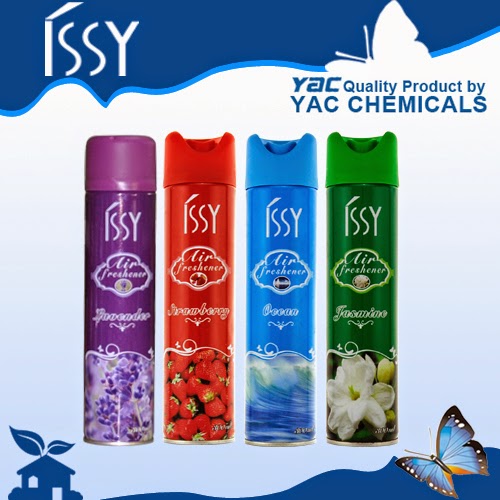Gardening can be a
fantastic enjoyment for many housewives. It can help to rich people’s life.
What’s more, it can bring fresh air and beautiful sight to house. However,
keeping a healthy garden can be a difficult project that it may bring some problems
such as insect disaster that annoy keepers. Insect killer can be a great helper to solve this problem but how about other
problems? Here are some professional tips to keep your garden healthy.
A healthy garden
requires regular maintenance besides the sun, water and nutrients to produce
well. However, there are not enough nutrients in your garden soil to grow
strong, productive plants for the entire growing season. You have to do
something for caring your garden well. Your need for fertilizers will decrease
in time if you add some organic matter each year. Fertilizers, whether organic
or synthetic, will supply nutrients to plants when they need them.
After planting,
you should mulch the garden bed soon. You can use a 2-inch layer of wood chips,
straw or pine straw in flower or vegetable gardens. Plastic mulch can be a good
choice in warm-season vegetable beds as it can prevent weeds and helps keep
moisture in the soil. Then you should water your garden regularly and provide
enough amount of water for your new plants. Check soil moisture at least twice
weekly.
Fertilize as
necessary based on soil test recommendations for your garden and the needs of
your different crops. Plants will tell you if nutrients are lacking by stunted
growth, pale leaves, and low yields. You have to follow label directions when
using chemical fertilizers. Apply half of the fertilizer recommended at
planting time and the rest later in the growing season. Get rid of over-applying
or it will burn plants or stimulate leaf growth at the expense of fruit.
You should remove
the old spent flowers weekly to improve the garden's appearance and encourage
further blossoms. Harvest mature vegetables often to encourage further
production. Prune plants as necessary for the particular plant variety. Check
plants weekly for symptoms of disease or pest problems. Treat the plants promptly
with an appropriate pesticide for fungal
diseases.
Different plants
should be dealt with different solutions. Keep plant foliage and flowers dry
when irrigating the garden. Wet foliage is more prone to foliage diseases,
including fungal problems. Avoid overhead watering and instead water near the
base of the plants when possible. Weed the bed weekly and prompt weed removal
prevents the plants from establishing in the garden, where they rob moisture
and nutrients from your garden plants while also providing a haven for pests
and disease.

